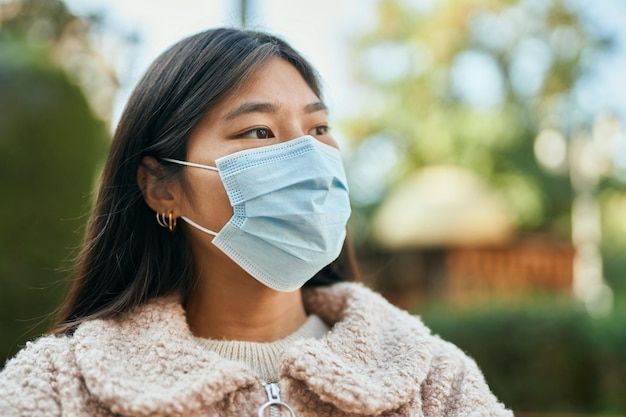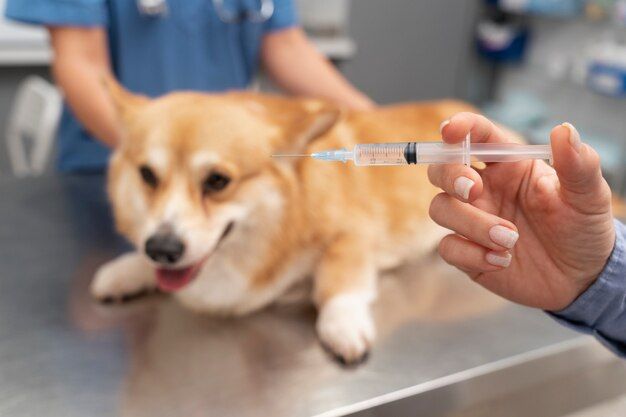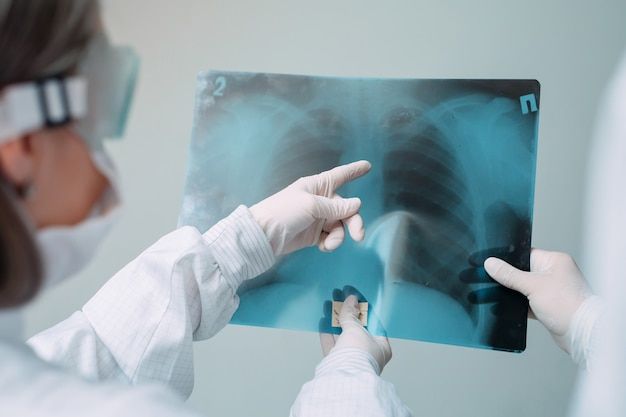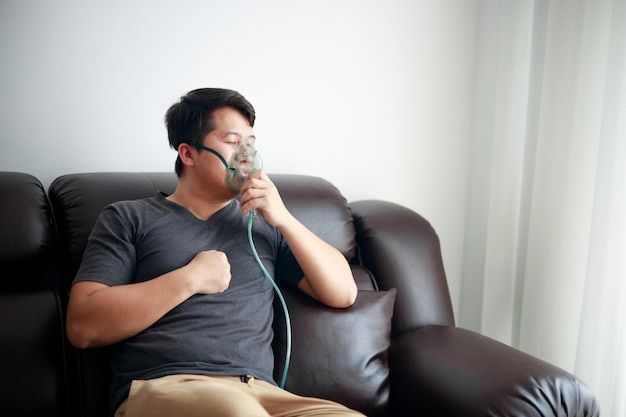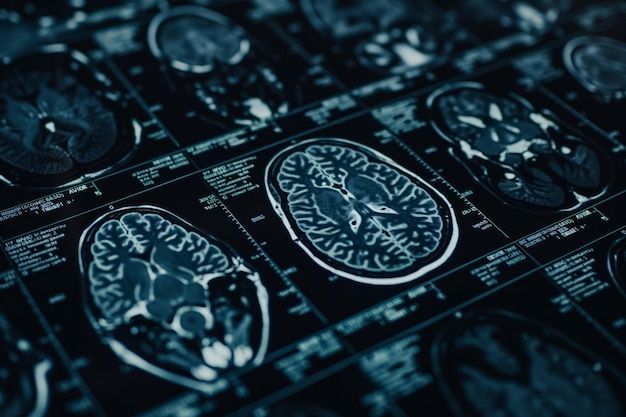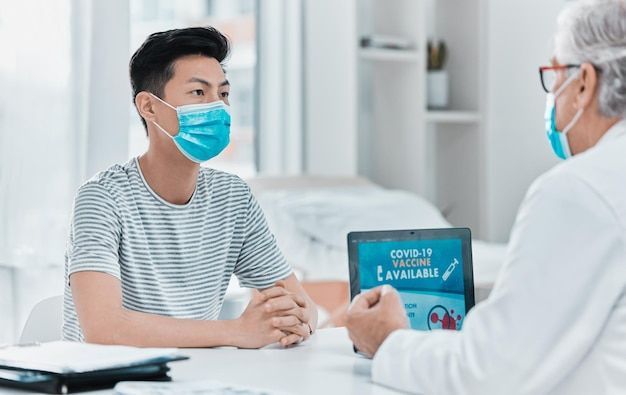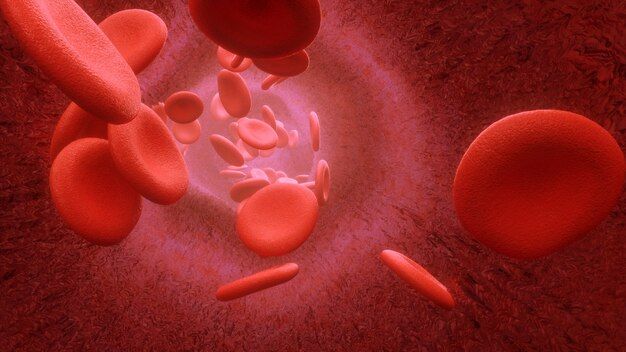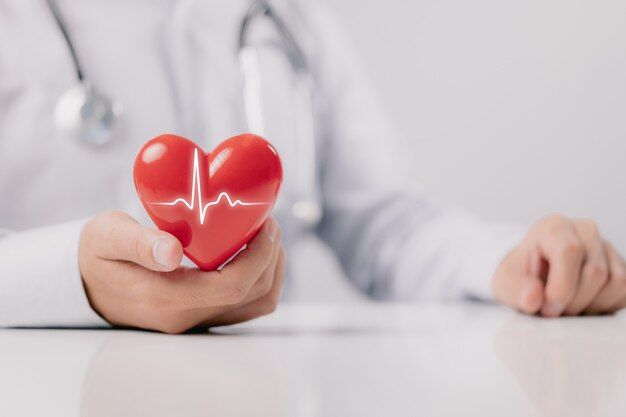RABIES
By: ICMO
What is Rabies?
Rabies is a vaccine-preventable viral disease transmitted through an infected animal’s bite, scratch or lick to an open wound.

This virus attacks the central nervous system leading to a disease on the brain. Since there is no effective treatment for rabies yet, this disease is virtually fatal once clinical symptoms appear.
PREVENTION
- Avoid stray and wild animals.
- Have your pets vaccinated regularly and keep them indoors.
- If bitten, scratched or licked by an animal:
- Wash the site immediately with soap and water for a minimum of 15 minutes.
- Seek medical attention and post-exposure prophylaxis as soon as possible.
SYMPTOMS


The incubation period before symptoms show may last for weeks or months. However, the exposure site, type of virus, and immunity also plays a role on how fast the symptoms would show. Once the symptoms of rabies show, treatment will no longer be effective. The first symptoms of rabies are similar to symptoms of flu that may last for days.
Later signs and symptoms:
- Fever
- Headache
- Nausea
- Vomiting
- Agitation
- Anxiety
- Confusion
- Hyperactivity
- Difficulty swallowing
- Fear of drinking
- Hallucinations
- Insomnia
- Partial paralysis
Treatment
If you have been exposed to rabies, proceed to the nearest animal bite center immediately. You might need a series of shots to prevent the virus from infecting your nervous system.
DLSUMC’s Animal Bite Center is open 24 hours every day. Contact our Emergency Room at (046) 481-8000 or (02) 8988-3100 local 1201 / 1202 for inquiries.
References:
Global Alliance for Rabies Control
https://rabiesalliance.org/resources/search?type=914#teaser-6040
World Health Organization
https://www.who.int/rabies/about/en/
https://www.who.int/news-room/fact-sheets/detail/rabies
Department of Health
https://www.doh.gov.ph/national-rabies-prevention-and-control-program
Center for Disease Control and Prevention
https://www.cdc.gov/rabies/prevention/index.html
Mayo Clinic
DISCLAIMER
All content found on the DLSUMC website, including text, graphics, images, audio or other formats were created for general informational purposes only and are not intended or implied to be substitutes for professional medical advice, diagnosis or treatment.
If you think you may have a medical emergency, call your doctor, go to the emergency department, or call your local emergency hotline immediately.

